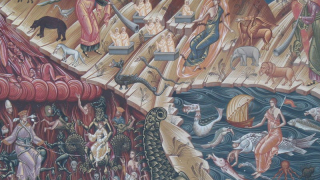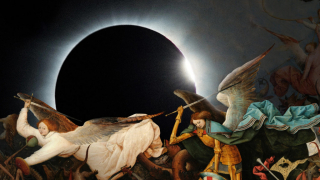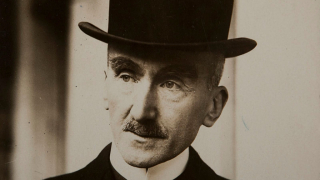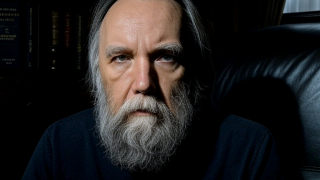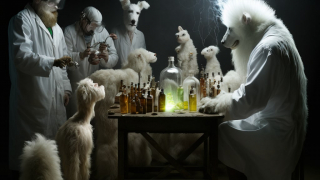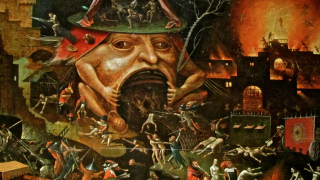The (Post-)Apocalypse
“Death and suffering,” Tarkovsky said, “are the same whether an individual suffers and dies, or the cycle of history ends and millions suffer and die.” This is so, namely from the point of view of the individual, as well as the demons that feed on the dying.

